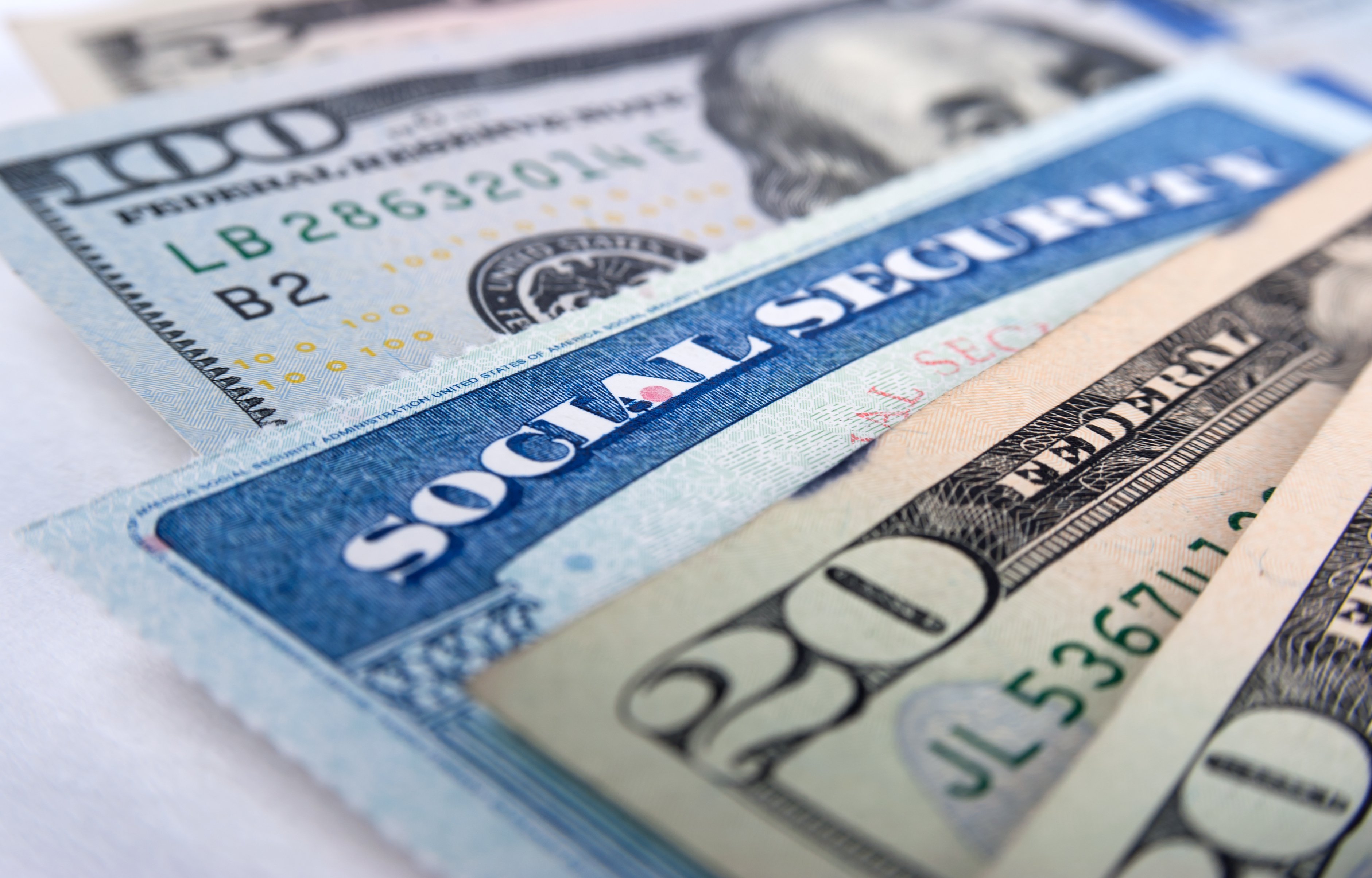Retirement planning is a must if you hope to ever leave the workforce, but it can also be kind of stressful, especially if you're losing money or the market is in a recession. You don't want to make a decision that costs you your hard-earned cash. But you also need to take some risks to save enough to cover decades of living expenses.
It's natural to wonder whether you're making the right moves with your savings. But the truth is, it's not always easy to tell. There's no way to know for sure how a company's stock will perform over decades or what sort of investment return you'll get on your portfolio. It comes down to educated guesses and judgment calls.
Figuring out what not to do with your savings is easier in theory, though in practice, it's sometimes difficult to stop yourself from making knee-jerk decisions. If you can avoid the following three things, you're off to a pretty good start with your retirement savings.

Image source: Getty Images.
1. Trying to time the market
Timing the market is attempting to guess when a stock is at its peak or when it's reached a bottom. The idea is that you get in when prices are at their lowest and you get out when they're at their highest.
Everyone wants to be able to do this, but actually pulling it off is pretty much impossible. You can take a guess as to whether a stock is overvalued or undervalued, but there's no way to know for sure when it'll begin to rise or fall. Trying to guess could mean you short-change yourself if you sell when you think a stock is at its peak and then it goes even higher.
You're better off employing dollar-cost averaging. You might already be doing this with your retirement savings. It involves investing a certain dollar amount on a schedule, like $100 every two weeks or $500 every month. Sometimes you'll buy when prices are lower and sometimes when they're higher. In the end, you wind up paying an average amount for your shares.
2. Failing to diversify
You might want to invest heavily in a particular stock, especially if you expect it to perform well over the next few decades. But this can be dangerous because, as we already discussed, there's no way to know for sure what the market will do. If you have half your portfolio in one stock and it drops, your retirement savings will take a massive hit.
Even if you spread your money around between several stocks, there's a chance you could be taking on too much risk. You need to invest in several sectors so that if one industry falls on hard times, your portfolio's value doesn't suffer too much.
You also want to keep some of your money in bonds, especially as you near retirement. But you must be careful not to go too far with this. Bonds may be less volatile than stocks, but they also have lower average returns than stocks over the long term.
A good rule of thumb is to keep 110 minus your age in stocks. So if you're 40, you'd keep 70% in stocks and 30% in bonds. Keep adjusting this mix as you age to protect your growing nest egg.
3. Stopping retirement contributions
Sometimes you may have no choice but to stop making retirement contributions if you lose your job or unexpected expenses arise. But other times, the decision not to contribute to retirement savings is emotional. If there are rumors about a recession, you might be reluctant to invest for fear of losing money in the short term.
However, short-term losses usually aren't worth worrying about. This is a normal part of investing, and if you sell the second your shares drop in value, you lock in that loss. But if you had held those investments, there's a good chance they would've rebounded and you could've sold them for a lot more in a few years.
If you feel the itch to sell at the first sign of a dip in price, it might be best for you to limit how often you check your portfolio. A couple of times a year is probably fine. It might be an adjustment at first, but just keep reminding yourself that retirement is a long way away and you won't need that cash until then.





